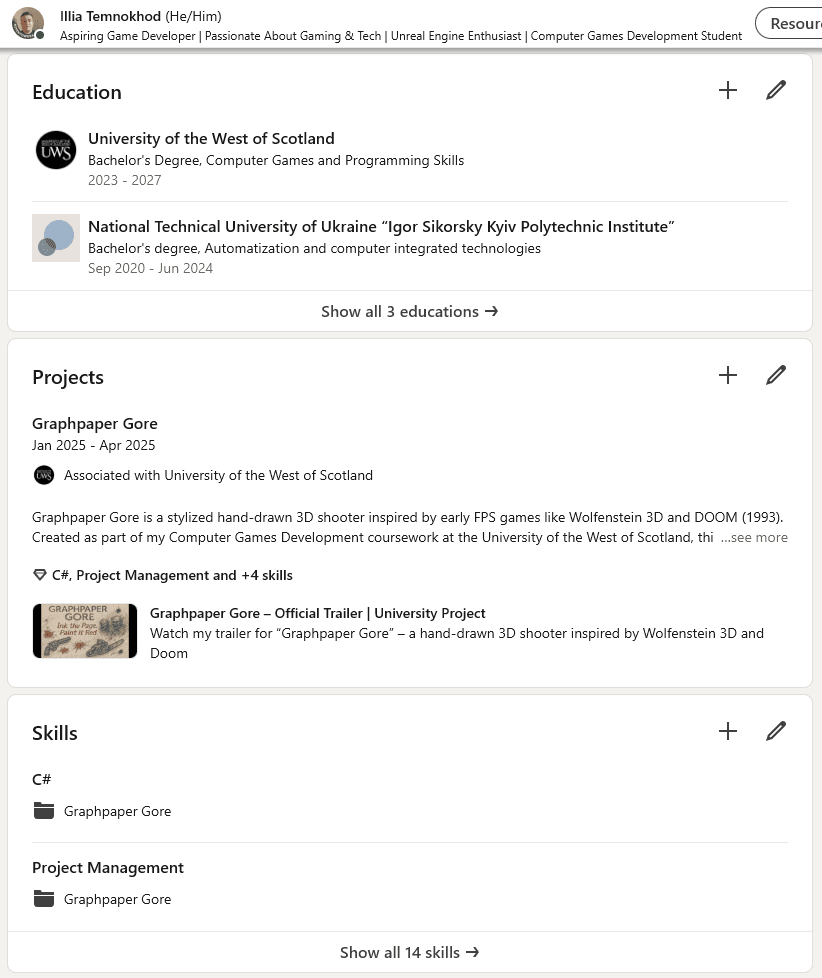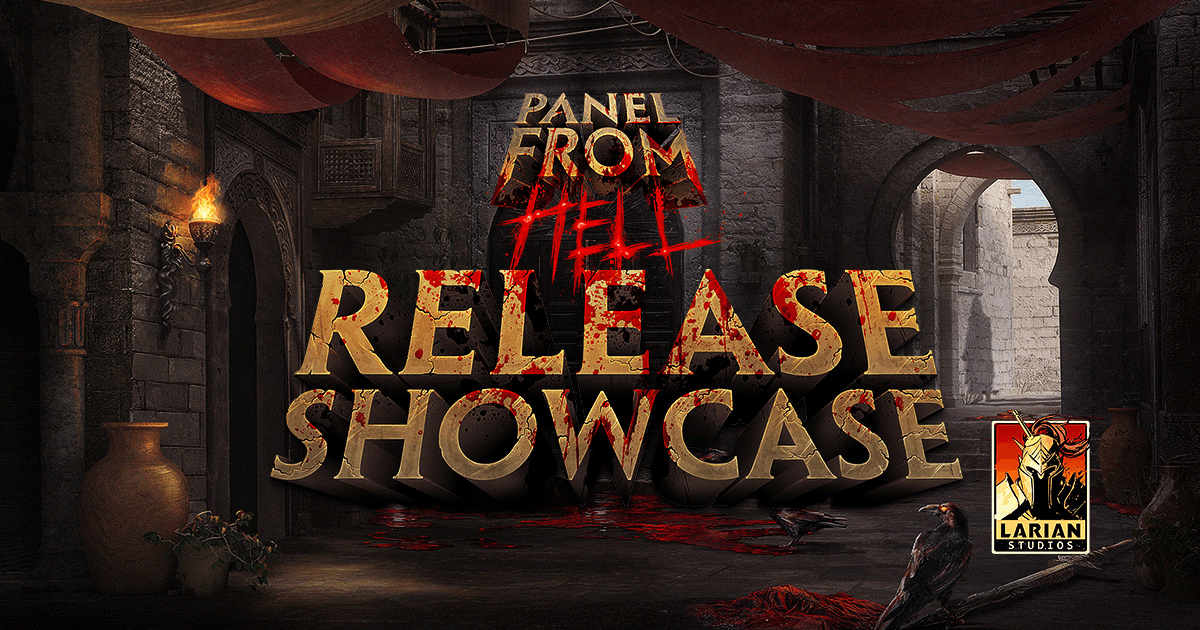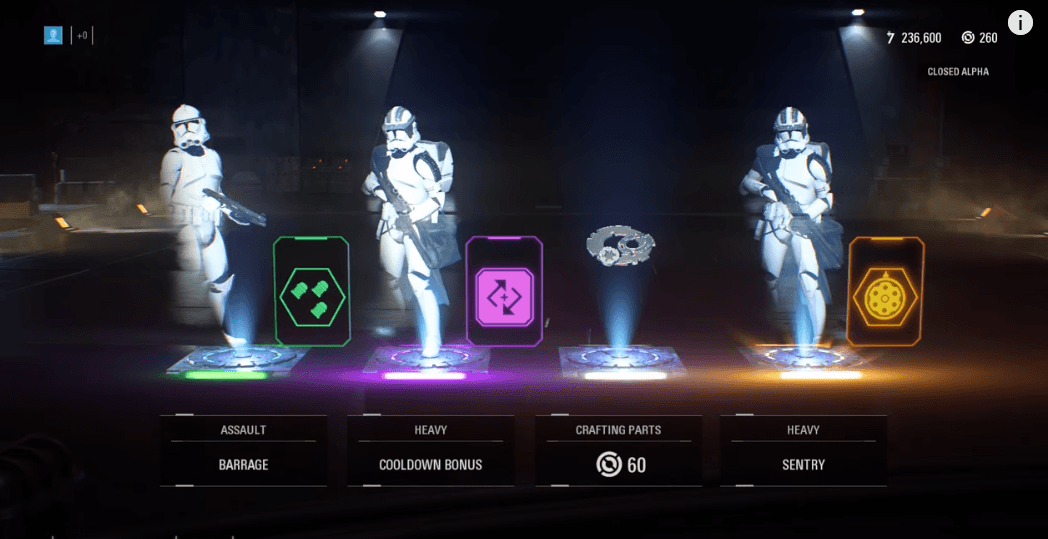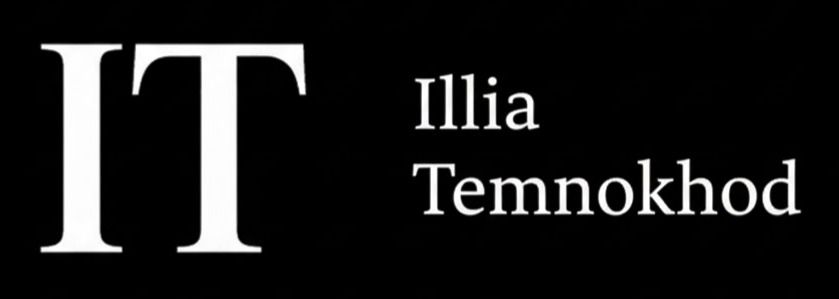Building Your Foundation: A Developer's Guide to an Online Presence
Creating a good online presence: what is the best approach?
For game studios, and especially for indie studios and small developers, an online presence is critical. For as long as products have existed, marketing has been a key part of selling them. Even the most unique ideas and stories are nothing if they aren't promoted to modern players. How else can we, as developers, show the world our creations?
Therefore, you must promote your online presence from the very beginning of your career, even if there is no immediate "payoff." Building your recognition is like building a house: you always start with the foundation, and this is the hardest, most laborious stage.
Where to Start? Your Digital Toolkit
So, where do you begin building that foundation? Here’s my approach:
- LinkedIn: Start with a professional profile on LinkedIn. This is non-negotiable. It's where you can simultaneously follow industry news and connect with the leading stars in the field you're passionate about.
- GitHub: For technical specialists like programmers, having a GitHub is a massive advantage; I'd even call it a necessity.
- ArtStation: For creative specialists (like 3D artists or animators), ArtStation is the equivalent of GitHub.
- Personal Website: At later stages of your career, you can start thinking about a personal website for yourself or your studio—a central hub like this one.

What Should You Actually Post?
As for a strategy to attract employers, I can't share one single "secret". The truth is, by following the advice above and actively participating in the life of your chosen field, you will ensure your own success.
In my opinion, the most important thing is to show prototypes of your projects, rather than just fragments of code. It's also incredibly useful to share concept art and ideas.
Don't be afraid to show even your "rawest" projects. Your work is a source of pride, not shame. The first step is always difficult, but that's what makes it wonderful.
How Often Should You Update?
You should update your portfolio step-by-step as you reach new heights. There's no need to do it too often, but don't delay it either.
Think of it as a reward for yourself. Celebrate passing each new module or course by updating your portfolio with the work you’ve accomplished.
Industry Case Study: The Good, The Bad, and The "Pride"
A developer's online presence isn't just a static portfolio; it's the active, ongoing conversation with your community.
The Ideal Example: One of my favorite examples of developers who are maximally active with their player community is Larian Studios. They are simply unsurpassed in their love and dedication to players. Their 'Panel from Hell' streams were deep, funny, and sincere. The studio actively collected feedback, introduced new features, and showed the community that they were being heard.

The Disastrous Example: And then, one of the worst examples was given to us by Electronic Arts with their Star Wars: Battlefront II. To unlock iconic heroes like Darth Vader or Luke Skywalker, players had to spend dozens of hours grinding or pay for microtransactions. Players complained that the game already cost $80 and didn't give them access to basic things, to which one of the developers replied:

"The intent is to provide players with a sense of pride and accomplishment for unlocking different heroes."
After this, the community instantly exploded due to the perceived disrespect and arrogance from the developers.
My Personal Takeaway This forces me to better evaluate my own projects and understand the interaction between developers and players. This connection is the key to long-term project support and shows the developer, first and foremost, as a professional, rather than someone with a thirst for profit.
A Final Piece of Advice
My main advice is a word of support and inspiration.
Don't be afraid to experiment and do things differently than everyone else. Mistakes don't make you weak; they carve you into a master, just as an artist carves a statue from granite.
Look for what interests you and don't refuse extra information. No one, not even you, knows what will be truly interesting for you to do. And even if the world looks empty and sad, look for a ray of light in the storm—you will definitely find it.
